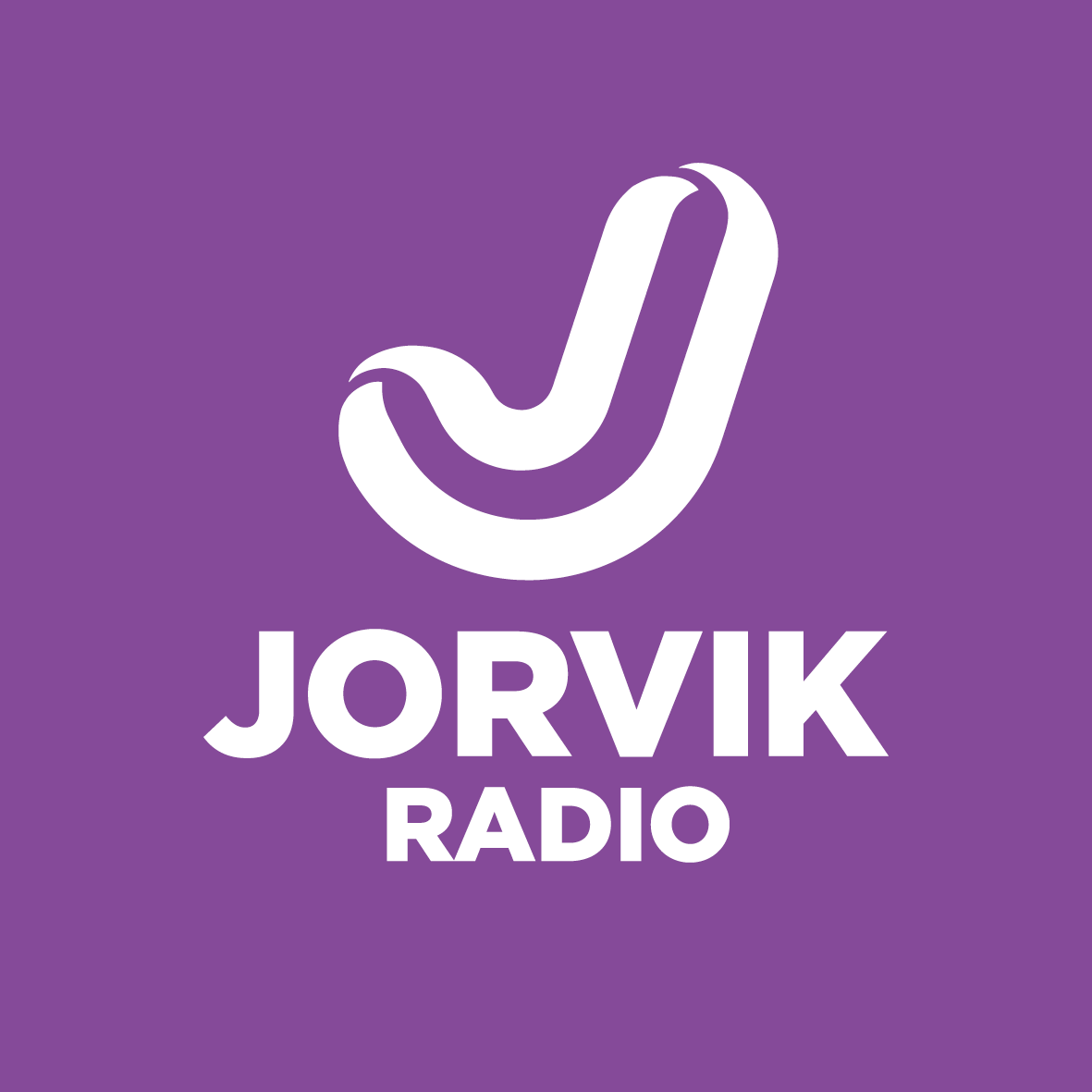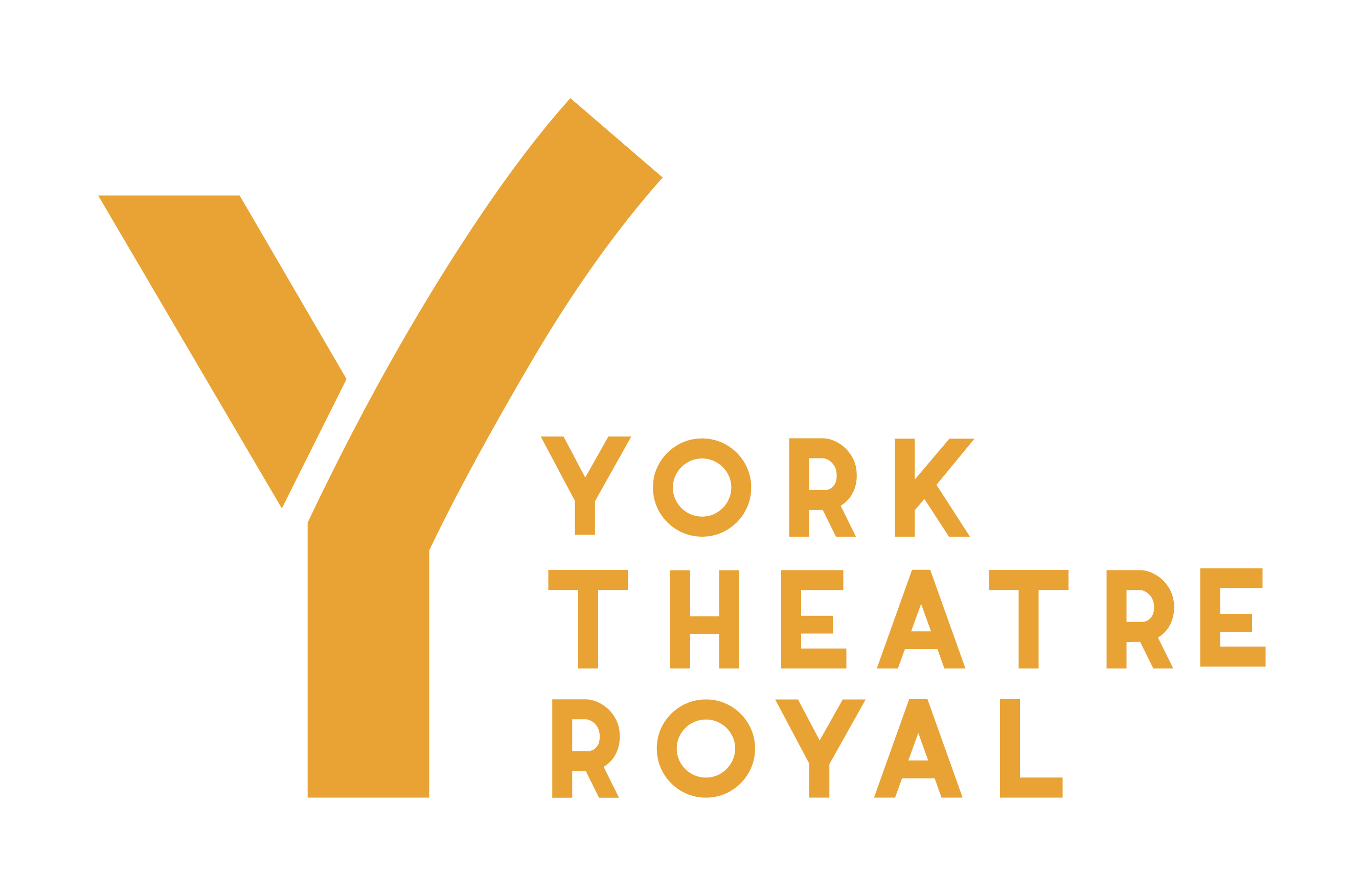
During forthcoming industrial action (21 and 28 December), Yorkshire Ambulance Service NHS Trust is urging members of the public to only dial 999 for an ambulance for life-threatening conditions or injuries.
During forthcoming industrial action (21 and 28 December), Yorkshire Ambulance Service NHS Trust is urging members of the public to only dial 999 for an ambulance for life-threatening conditions or injuries.
Strike action is anticipated as follows:
- GMB members are planning to take industrial action on Wednesday 21 and 28 December for 24 hours, between midnight and midnight (across all services).
- UNISON members are planning to take action on Wednesday 21 December, for 12 hours from midday to midnight (A&E Operations only).
This industrial action is part of a national pay dispute with the government.
Union membership in Yorkshire Ambulance Service of both GMB and Unison is approximately 4,000 staff (out of a workforce of over 7,000).
Whilst we recognise and respect individuals’ legal right to participate in industrial action, our priority remains ensuring that patient and staff safety, welfare, dignity, and respect are maintained. Yorkshire Ambulance Service has put a number of contingency plans in place to allow it to respond to high acuity life-threatening and very serious cases during the strike.
Discussions between trade unions and the Yorkshire Ambulance Service senior management team have now concluded and derogations (also known as exemptions) have been agreed. For our emergency ambulance service, this includes responding to calls where someone is in a life-threatening condition.
Nick Smith, Executive Director of Operations at Yorkshire Ambulance Service NHS Trust, said:
“With continued operational pressures and the added challenge of industrial action, we will have less resources available to respond. Services will be severely disrupted, with the likelihood of significant delays.
“So, we are urging the public to use the emergency ambulance service more wisely and only to call 999 when someone is in a life-threatening or very serious condition as we prioritise our response to those most in need.
“Ambulances will still be able to respond during the strike, but this will only be where there is an immediate risk to life. Less serious calls will not receive a response for the duration of the strike action and some patients might be asked to make their own way to hospital, where it is safe for them to so.
“Patients waiting for an ambulance should only call back if their symptoms worsen or to cancel an ambulance if alternative transport has been arranged, so that our lines are available to take new emergency calls.”
“We also ask that people seek help and advice from alternative healthcare providers, including NHS 111 Online (111.nhs.uk), their own GP or by visiting a pharmacist.
“Looking ahead, we also anticipate that the days between the two strike days will be busy and as we head into the extended Christmas period and would urge everyone to continue to use our services wisely.”



 ‘Darkest Hour’ star Gary Oldman is coming to York!
‘Darkest Hour’ star Gary Oldman is coming to York!